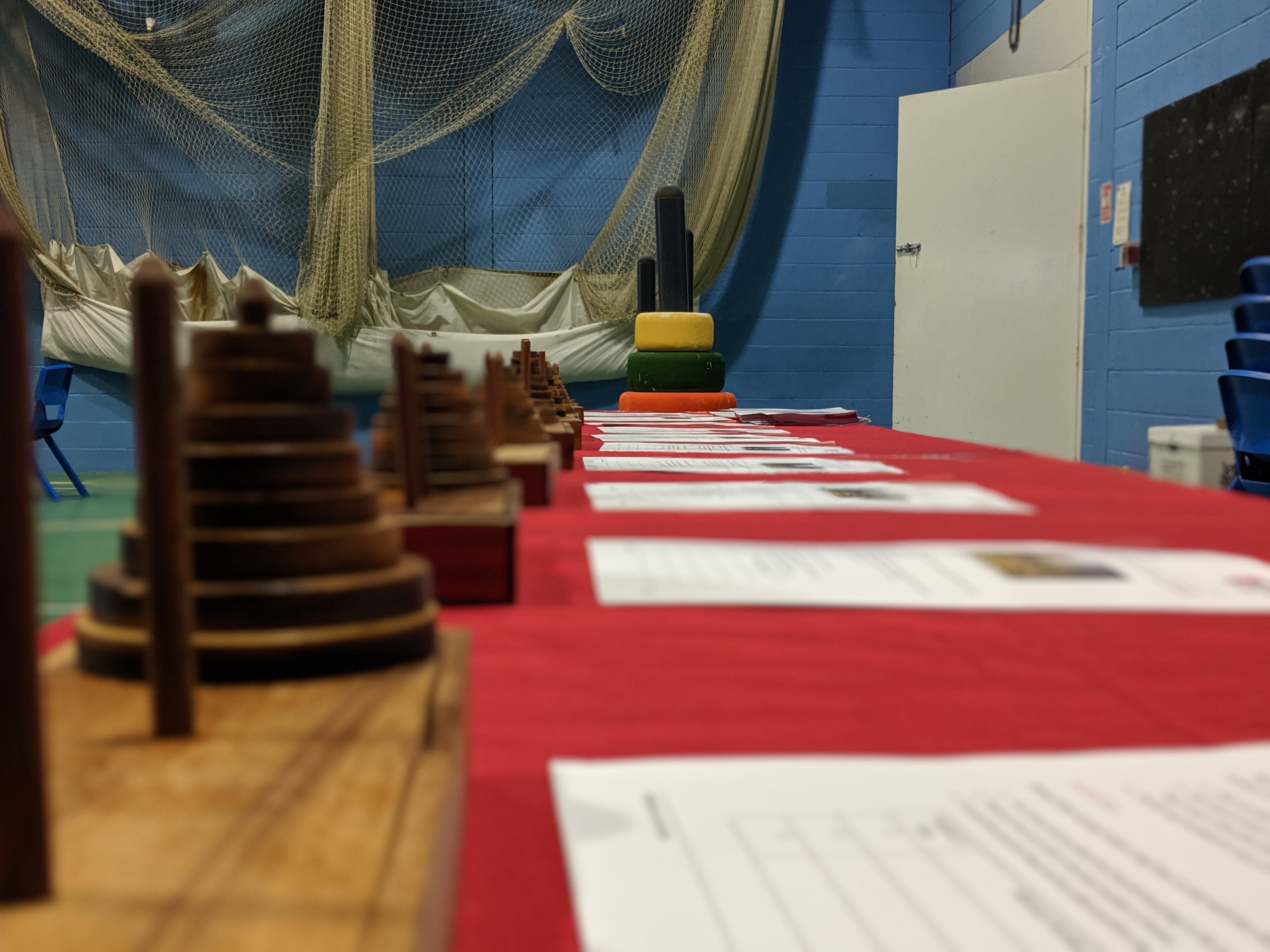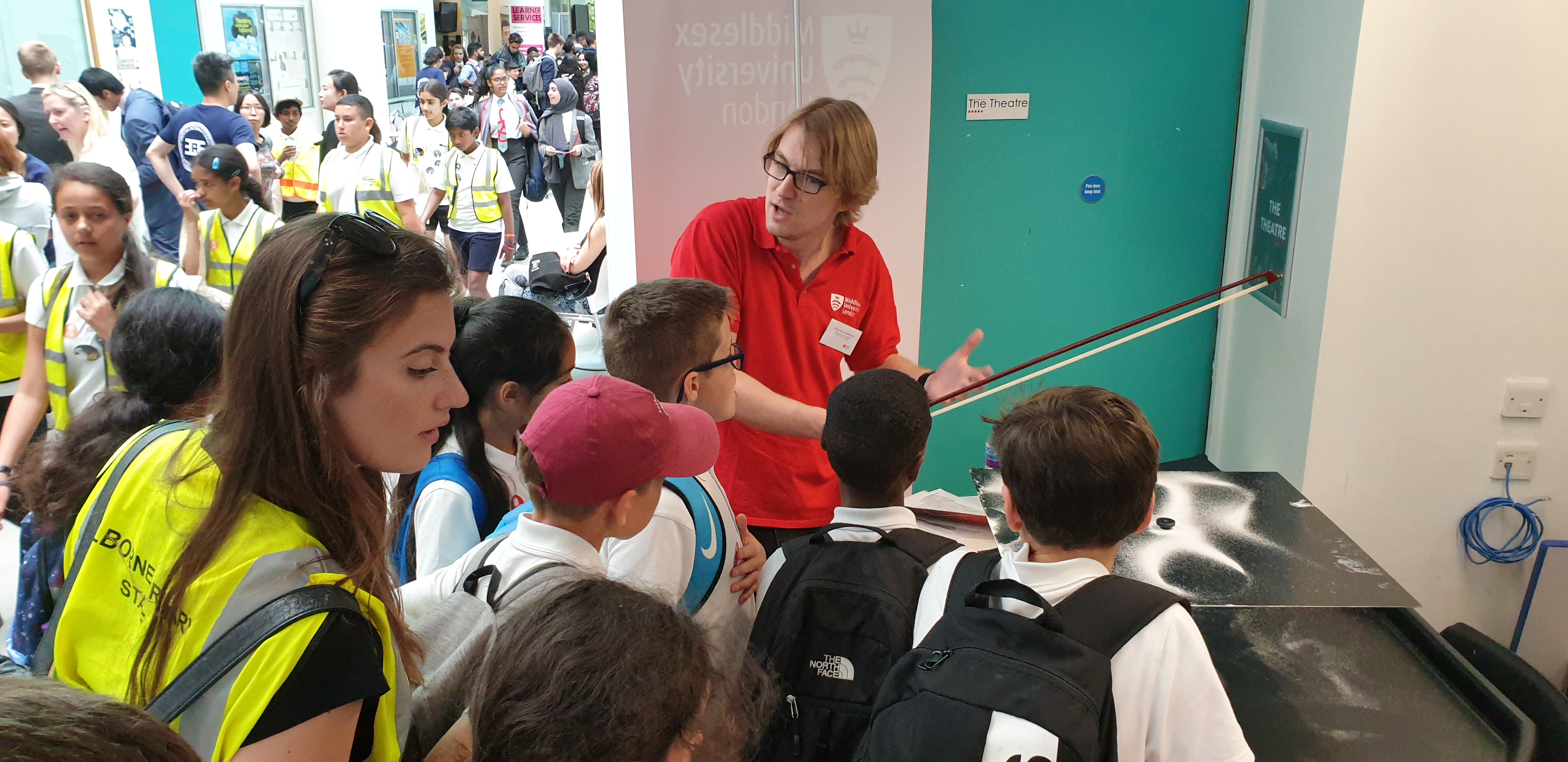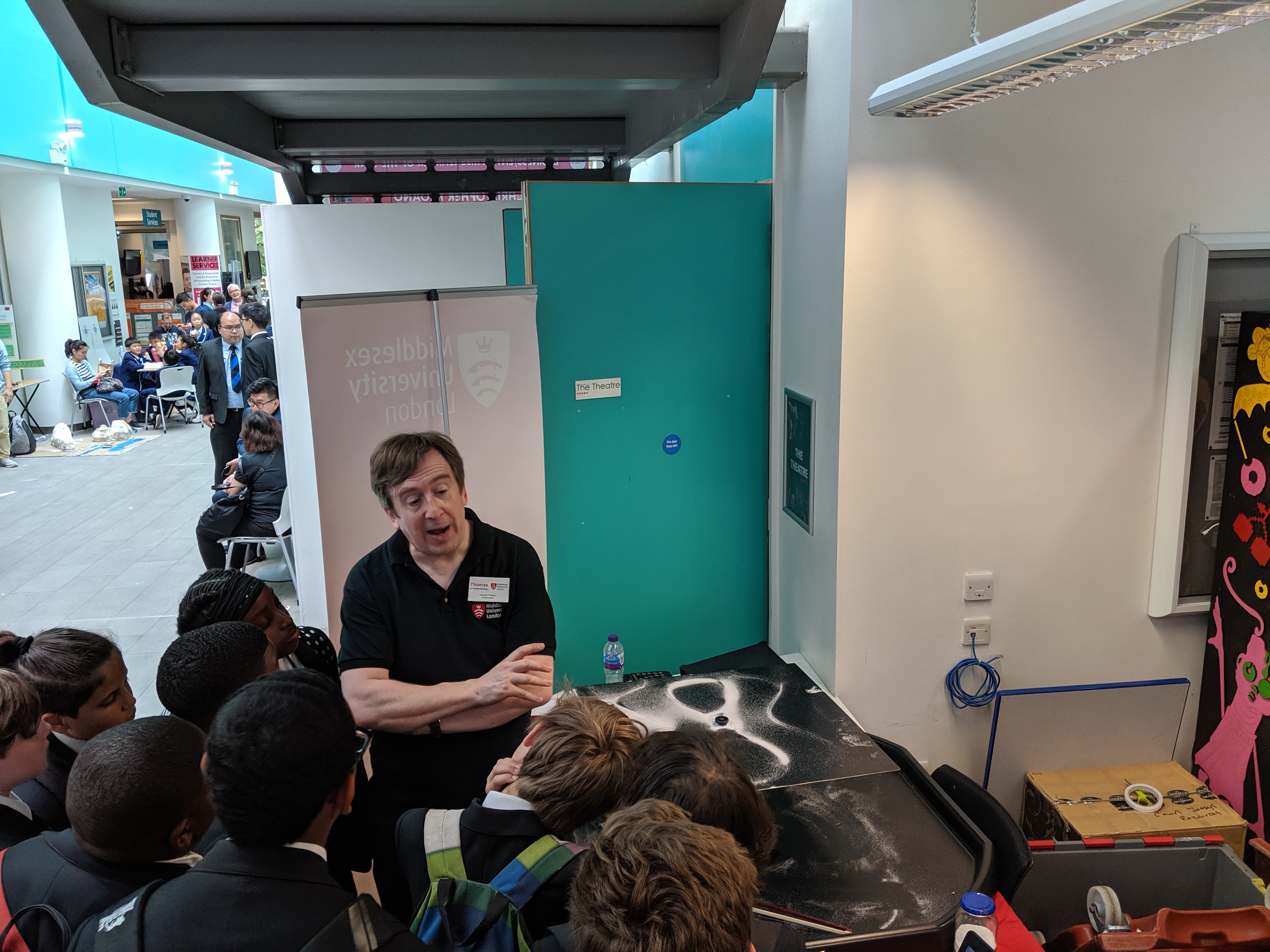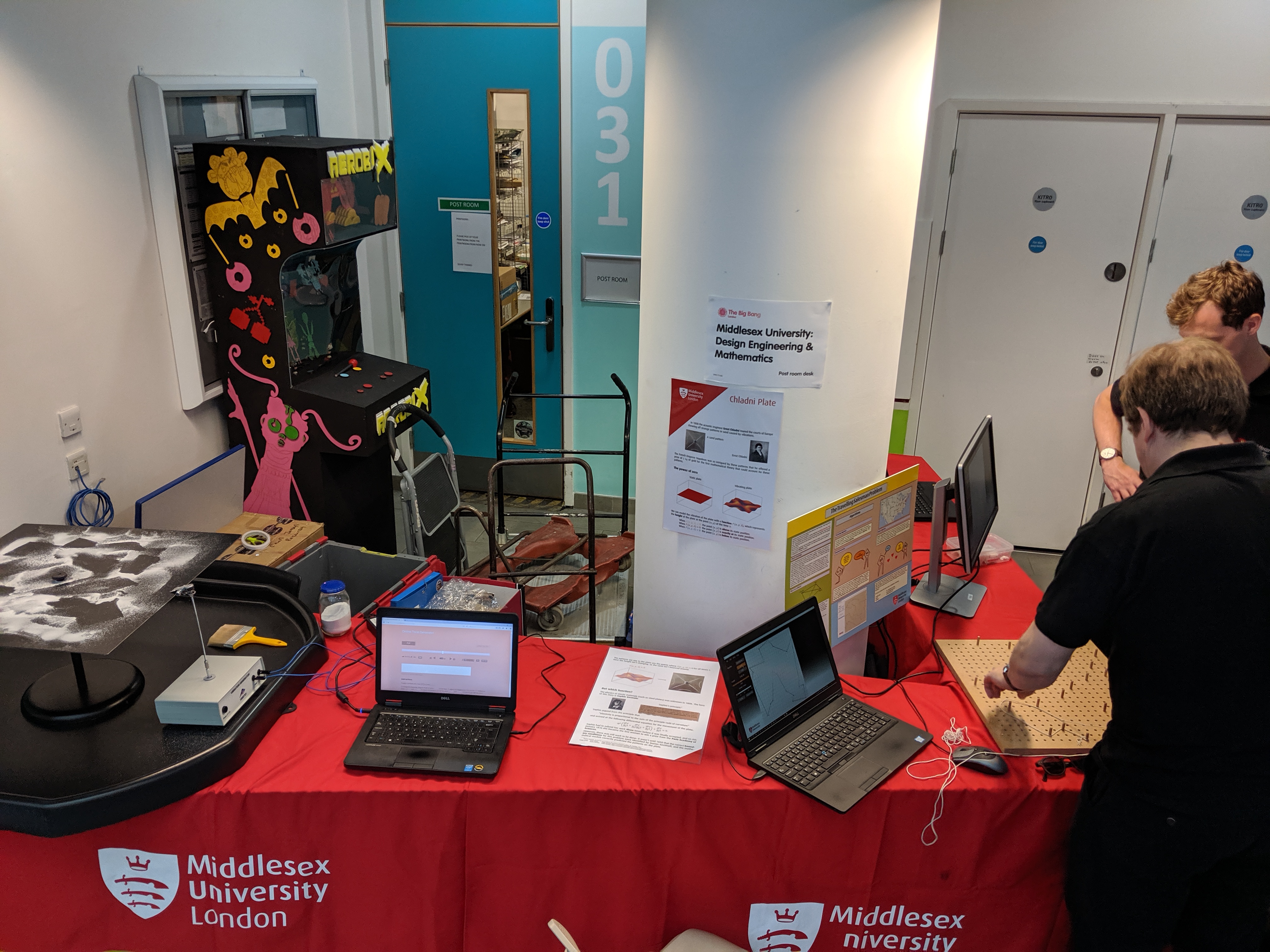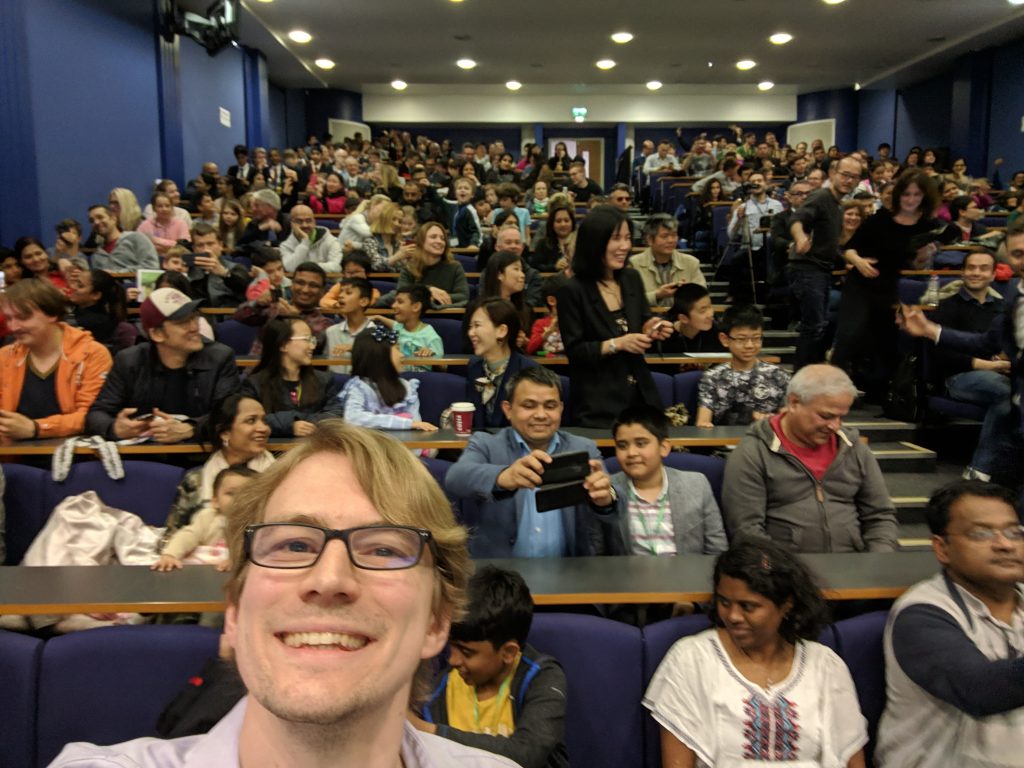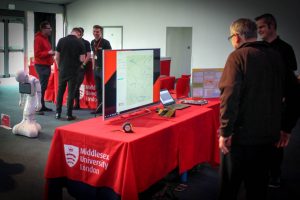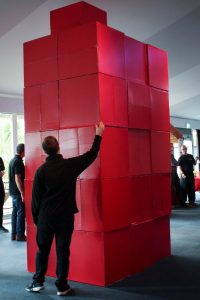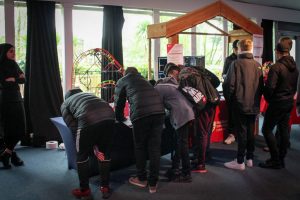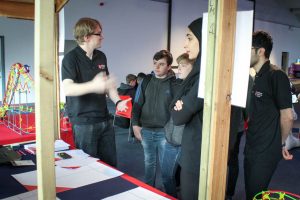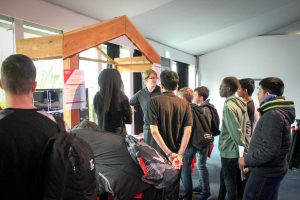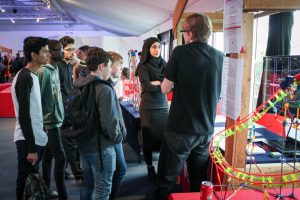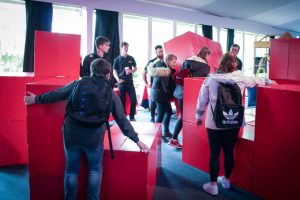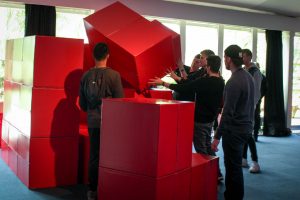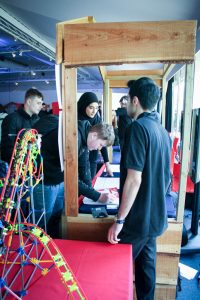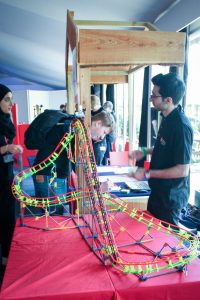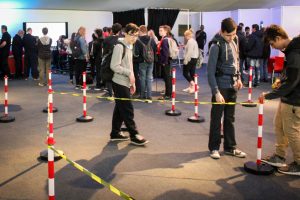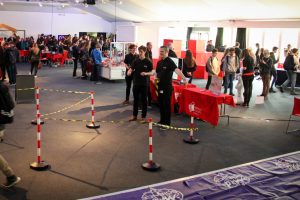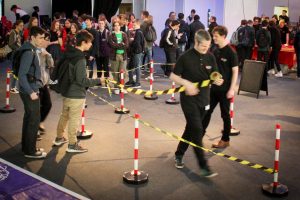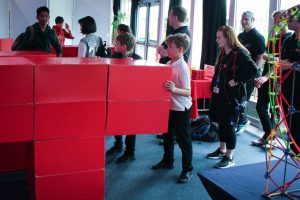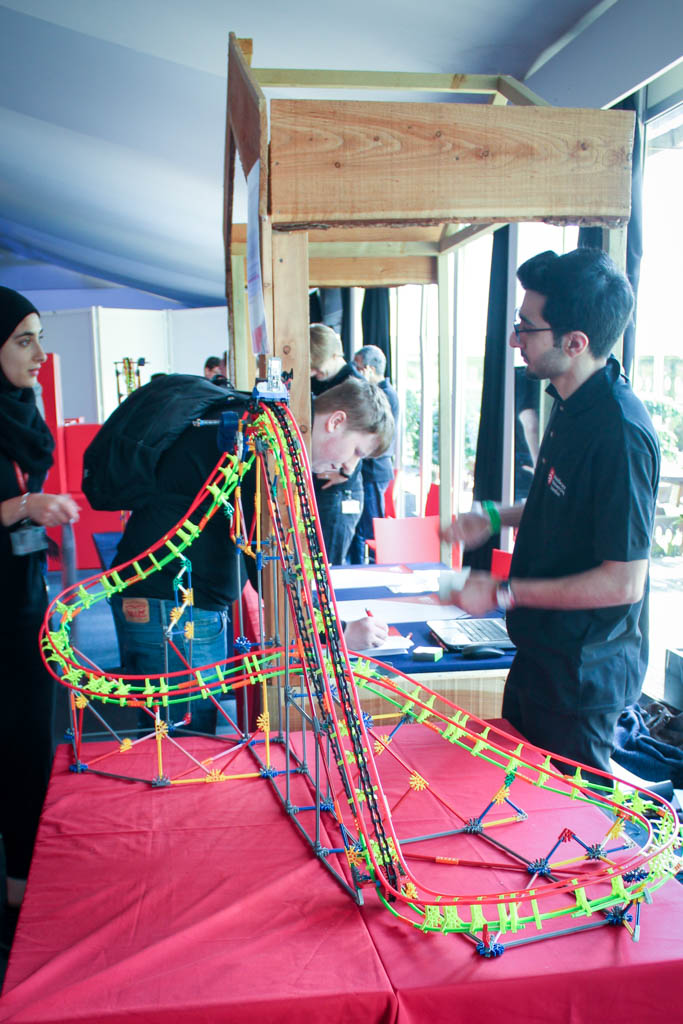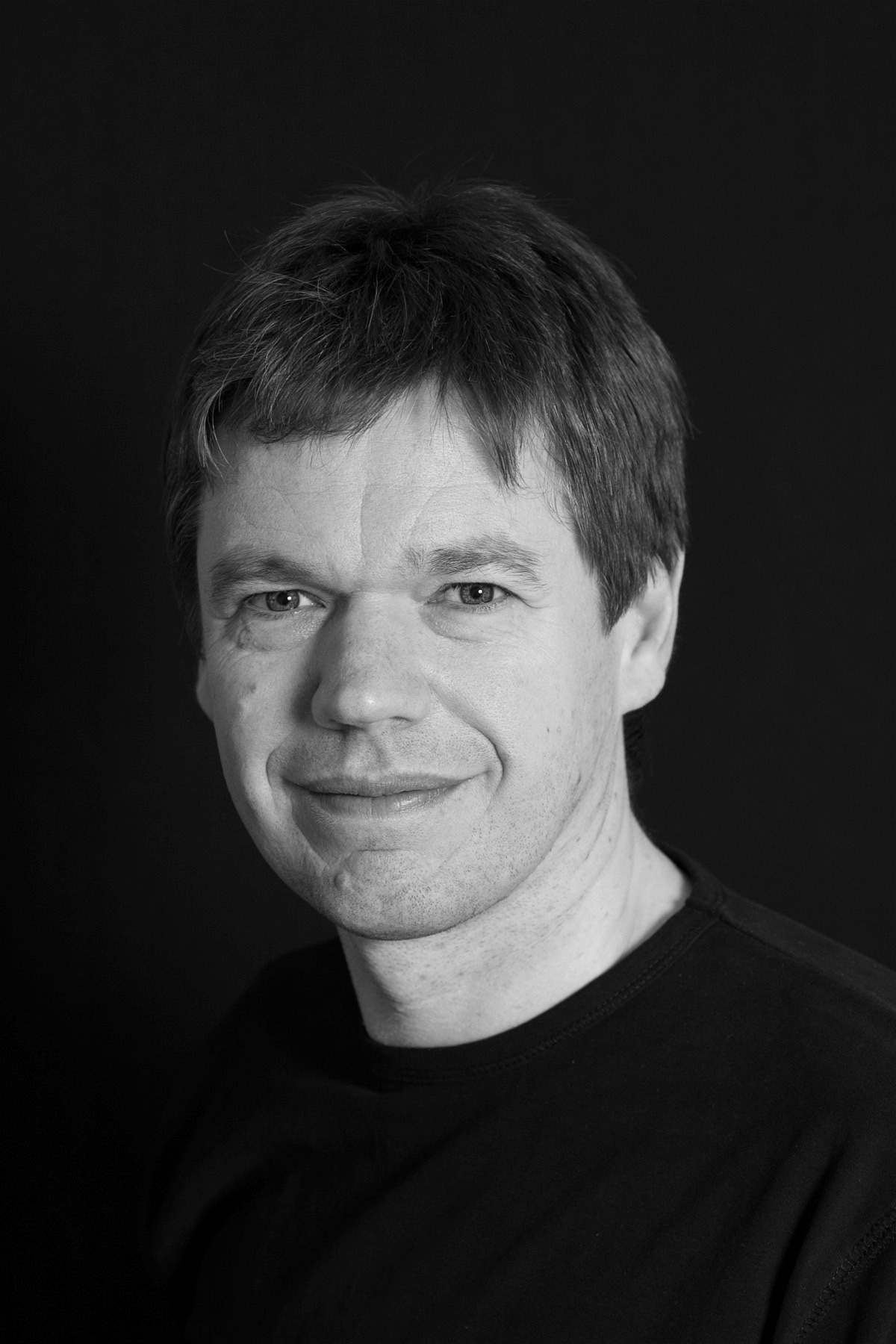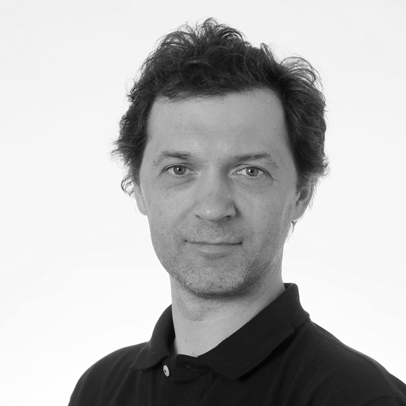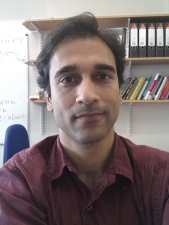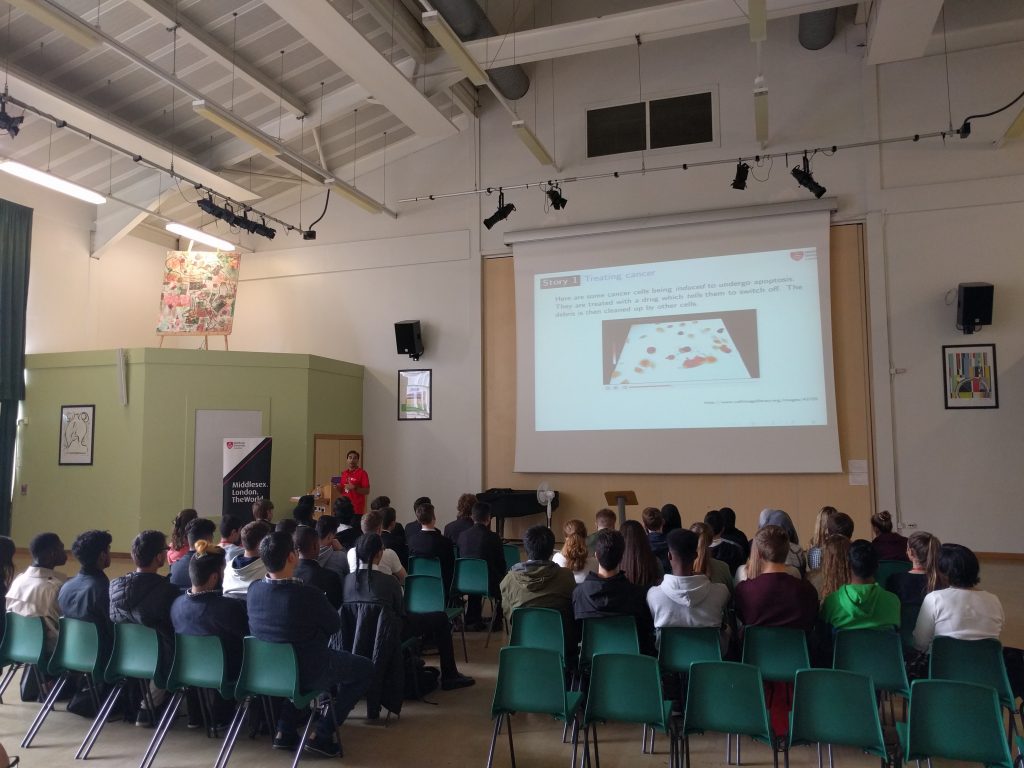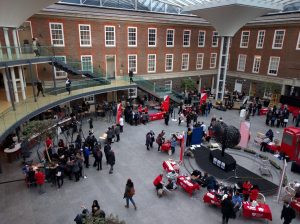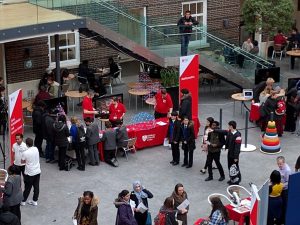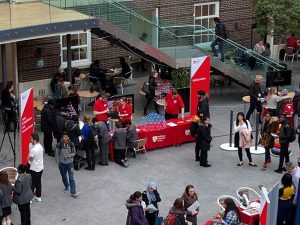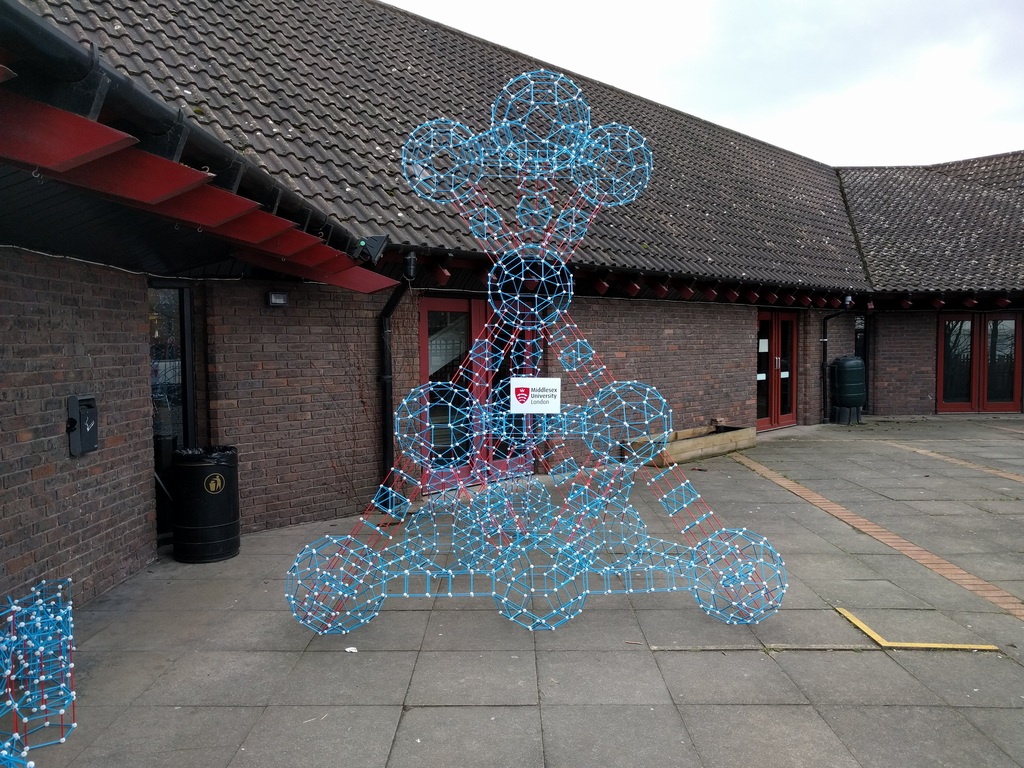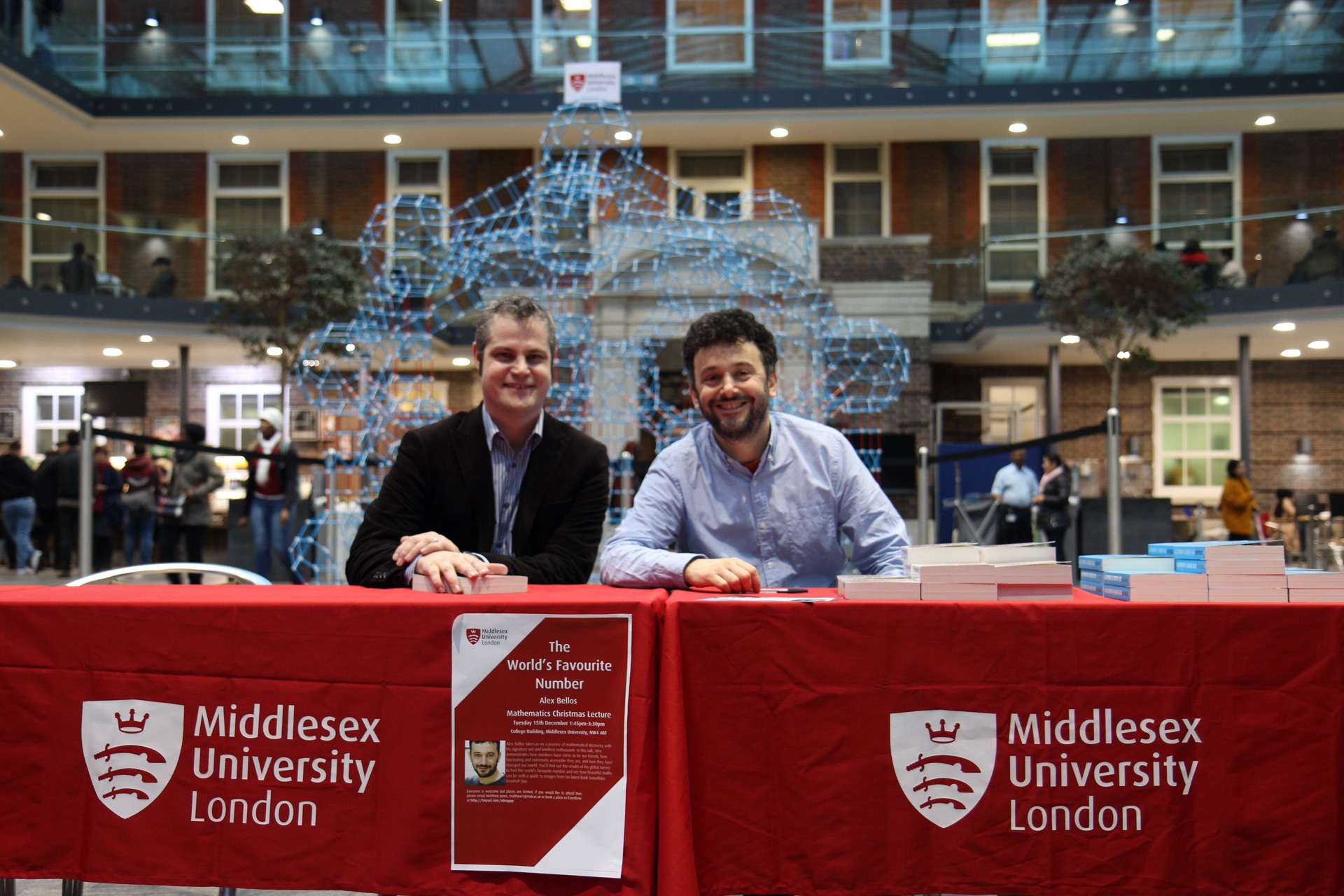| Date/Time | Event |
|---|---|
|
15/07/2019 – 18/07/2019 9:00 am – 1:00 pm |
Langley Park School for Girls Langley Park School for Girls, Beckenham The maths team were invited to Langley Park School for Girls: Dr. Murad Banaji talked about the Messy Mathematics of Living things followed by some fun maths activities for Year 7, giving a taste of university-level mathematics!
|
|
03/07/2019 9:00 am – 5:00 pm |
Big Bang 2019 Westminster Kingsway College, London The maths team took part in The Big Bang London http://thebigbangfair.co.uk Bringing Science and Engineering to life for 2500 young people.
We brought our Tangible Travelling Salesman activity:
and our Chladni Plate:
|
|
27/06/2019 11:00 am – 4:00 pm |
Programming in the Undergraduate Mathematics Curriculum Middlesex University, London England |
|
04/05/2019 9:00 am – 3:30 pm |
Pangea Maths Competition Middlesex University, London England Middlesex University was proud to host the final of the Pangea Maths UK competition https://www.pangea-maths.org/ for Year 4 – Year 10 primary and secondary school students. We saw some fantastic tenacity and problem solving from the students, and the prizes were well deserved! Dr. Nick Sharples was invited to give a short address on mathematics at university: |
|
01/03/2019 12:00 am – 5:00 pm |
Optiks Sign up! |
|
26/04/2018 – 27/07/2018 All Day |
Thorpe Park Thorpe Park, Chertsey The maths team, including our second and third year students, took part in out first STEM Fair at Thorpe Park. We developed some new hands-on maths activities for ages 13 – 18 including: Giant Soma cubesA giant version of the Soma Cube puzzle, using seven geometrical pieces to build a cube and other shapes. Students will need to work as a team to solve this giant mathematical puzzle! Tangible Travelling SalesmanWhat’s the shortest way around the Park? This sounds easy but it turns out to be a really tricky problem. Your students will have to think carefully to find the shortest route to their favourite rides. Tracking Roller CoastersYour students will use the power of smartphones to explore accelerations, look deeper into the mathematics of speed and acceleration, and discover what makes a roller coaster feel good!
|
|
07/02/2018 3:30 pm – 4:30 pm |
Alberto Pallotta (London Trading Group) WG48, Hendon Cointegration Based Trading Strategies Most financial price series are not stationary. However, we can create a portfolio of two or more price series so that the market value of this portfolio is stationary making it easier to trade. |
|
31/01/2018 3:30 pm – 4:30 pm |
Jeff Evans (Middlesex University) C110, Hendon Statistics in Public Policy Discussions: Is there a crisis? I discuss what I call the “overt crisis of statistics”, the apparent disenchantment of large sections of the public with “expert” statistical methods. |
|
24/01/2018 3:30 pm – 4:30 pm |
Abhishek Deshpande (Imperial College London) W152, Hendon Switches in Biological and Physical Computation Abstract Switches are ubiquitous in both physical and biological circuits and play a pivotal role in their exquisite behaviour. We will discuss chemical “switches” in two separate scenarios: chemical reaction networks, and synthetic biology. |
|
17/01/2018 3:30 pm – 4:30 pm |
Rustam Ibragimov (Imperial College London) V101, Hendon Heavy-tailedness in economics and finance The talk will present several new approaches to deal with the problems of heavy-tailedness and non-linear dependence in forming predictive regressions for Economics and Financial Markets. The approaches are based on new methods of robust inference using conservativeness of t-statistics. In the methods, estimates of parameters of interest are computed for groups of data and the inference is based on t-statistics in resulting group estimates. This results in valid robust inference under a wide range of heterogeneity and dependence assumptions under the only conditions of asymptotic normality of group estimates. Abstract Recent works in the literature have shown that heavy-tailedness – the property of financial and economic markets that governs large downfalls and large fluctuations in them – is of key importance for robustness of many key models and standard inference approaches in economics, finance, risk management and insurance. The talk will present several new approaches to deal with the above problems. The approaches are based on new methods of robust inference using conservativeness of t-statistics. In the methods, estimates of parameters of interest are computed for groups of data and the inference is based on t-statistics in resulting group estimates. This results in valid robust inference under a wide range of heterogeneity and dependence assumptions under the only conditions of asymptotic normality of group estimates. Numerical results and empirical applications confirm advantages of the new approaches over existing ones and their wide applicability in the study of market (in-)efficiency, volatility clustering, predictive regressions and other areas. |
|
10/01/2018 3:30 pm – 4:30 pm |
Dr. Christopher Townsend W152, Hendon Cryptocurrency, Blockchain and the Financial Markets The seminar will give an overview of how blockchain based crypto-currencies such as Bitcoin work and describe some of the financial landscape in which they operate. |
|
12/12/2017 12:00 pm – 1:30 pm |
I wasn't expecting that! – Rob Eastaway C211, Hendon As humans we depend on our intuition to make many of our decisions. And most of the time it works. But when intuition doesn’t work it can go spectacularly wrong. Best-selling maths author Rob Eastaway reveals some of his favourite examples, and explains why mathematicians so often seem to delight in the counter-intuitive. Brace yourself, and be prepared to get things wrong….
|
|
06/12/2017 3:30 pm – 4:30 pm |
Dr. Ben Fairbairn (Birkbeck) WG48, Hendon Invertible Generating Graphs Let G be a group. Recall that the generating graph of G is defined as follows: the vertices are the non-trivial elements of G with two vertices x and y being adjoined by an edge if and only if the pair x and y generate G. This much-studied object encodes many of the quantities studied for measuring how easily generating pairs can be found. In this talk we discuss a variant of the generating graph recently introduced by the speaker. |
|
22/11/2017 3:30 pm – 4:30 pm |
Dr. Nick Sharples (Middlesex) WG48, Hendon Non-uniqueness of differential equations Differential equations are an important tool in modelling many phenomena in the real world. However, these mathematical abstractions may exhibit behaviours that are not physically reasonable, such has admitting multiple solutions for a given initial condition, raising questions their validity as models. In this gentle talk I will discuss the issues of non-uniqueness of Ordinary and Partial Differential Equations in several frameworks, and some recent work to establish uniqueness for differential equations with sufficiently regular coefficients.
|
|
08/11/2017 3:30 pm – 4:30 pm |
Dr. Jonathan Elmer (Middlesex) WG50, Hendon Modular coinvariants The algebra of coinvariants of a finite group G acting on V is the quotient of the algebra of invariants k[V]^G by the ideal of k[V] generated by positive degree invariants. Unlike the algebra of invariants itself, it is fairly computable. The algebra of coinvariants sometimes contains information about the structure of the invariants. Like many things in invariant theory and representation theory, more is known in the non-modular case (where |G| is not divisible by the characteristic of K) than in the modular case. I will report on some recent work with Mufit Sezer which aims to understand more about coinvariants in the modular case.
|
|
01/11/2017 3:30 pm – 4:30 pm |
Prof. Oleg Smolyanov (Lomonosov Moscow State University) C217, Hendon Feynman path integrals and quantum anomalies. |
|
06/07/2017 10:00 am – 12:20 pm |
School visit Twyford CofE High School, Action, Action |
|
16/06/2017 12:00 pm – 6:00 pm |
Invariant Theory: Recent Progress and Applications The Quad, London A one day meeting in invariant theory: recent progress and applications will take place on Friday 16th June at Middlesex University, Hendon. The meeting aims to bring together researchers in invariant theory and researchers in other areas of algebra and geometry in which invariant theory can be applied. The following have agreed to speak:
There is a limited amount of funding available to cover travel and accommodation expenses for PhD students. For further information, send me an email on j.elmer at mdx dot ac dot uk. The meeting is supported by an LMS scheme 1 (celebrating new appointments) grant.
|
|
01/03/2017 3:00 pm – 4:00 pm |
Dr. Roman Belavkin (Middlesex) VG02, Hendon London Topologies and their specialization pre-orders Pre-orders play an important role in economics as preference relations and in cosmology as causality relation. In this talk, we shall consider several properties of pre-orders and their corresponding topological properties, such as compactness, connectedness, countability, Baire category theorem and some others.
|
|
08/02/2017 3:00 pm – 4:00 pm |
Dr. Emilie Dufresne (Durham) VG02, Hendon London The geometry of sloppiness Mathematical models in the sciences often require the estimation of unknown parameter values from data. Sloppiness provides information about the uncertainty of this task. We develop a precise mathematical foundation for sloppiness and define rigorously its key concepts. We also highlight the links with invariant theory and the notion of separating set. |
|
01/02/2017 3:00 pm – 4:00 pm |
Dr. Murad Banaji (Middlesex) VG02, Hendon London Exterior algebra and dynamical systems (Part 1) I’ll give a (gentle) introduction to tensor algebra focussed, in particular, on exterior algebra and motivated by certain problems in dynamical systems.
|
|
25/01/2017 3:00 pm – 4:00 pm |
Dr. Nick Sharples (Middlesex) VG02, Hendon London Fractal dimension of Moran sets and applications to PDEs In this talk I will show that a large class of Moran sets are “equi-homogeneous”, which means that the scaling of local covers is uniform across all points of the set. We will see that equi-homogeneity implies that the Assouad dimension can be recovered from the more straightforward box-counting dimensions, provided that the box-counting dimensions are suitably `well behaved’. Finally, we will look at applications to Partial Differential Equations: an attractor of a PDE describes the eventual behaviour of solutions, but is a subset of a infinite dimensional space. However the attractor can be described by finitely many parameters depending upon its fractal dimension. The Moran sets analysed previously serve as more straightforward prototypes of these important attracting sets.
|
|
18/01/2017 3:00 pm – 4:00 pm |
Dr. Jonathan Elmer (Middlesex) C127, Hendon London Separating invariants Separating invariants are a recent trend in invariant theory, and also a return to the subjects’ roots – using invariants to separate orbits. In this talk I will explain how to solve the “separating version” of one of the oldest problems in invariant theory – the ring of invariants of binary forms of arbitrary degree.
|
|
14/12/2016 3:00 pm – 4:00 pm |
Dr. James Bentham – (Imperial College London) C106, Hendon Bayesian hierarchical models: anthropometric and cardiometabolic risk factors We have developed complex Bayesian hierarchical models of adult body mass index, diabetes and attained height, using data for millions of people to make our estimates. These models provide information for every country in the world over several decades or more. To do so, they must borrow strength across geographical units and time, making estimates for countries and years with no data. I will describe the various features of the models, including their hierarchy, a non-linear random walk over time, the age model and the covariates used to inform model fitting. I will also explain the coding of the MCMC sampler used to fit the models. Finally, I will present recently published estimates for some of the variables, and will show how we have presented these results using dynamic visualisations.
|
|
13/12/2016 12:15 pm – 1:15 pm |
Diffusion of the Dead – Dr. Thomas Woolley CG76, Hendon Knowing how long we have before we interact with a zombie could mean the difference between life, death and zombification. |
|
01/11/2016 1:00 pm – 2:00 pm |
Mathematical Ideas in Time CG13, Hendon Robert Darwen from Ideas in Time will be giving a talk to Maths students Robert will be talking about the mathematical aspects of the design of the Fibonacci clock and the mathematical challenges in the designs themselves. The design of the clock involves product design, engineering and mathematics. If you are interested please come along. |
|
01/07/2016 9:00 am – 1:30 pm |
Messy Maths Enfield Highlands School, London We invite sixth-formers to put down their textbooks and learn some cutting-edge applications of mathematics! Dr. Murad Banaji will talk about the messy mathematics of living things.
|
|
01/07/2016 12:00 am |
School visit Twyford CofE High School, Action, Action |
|
22/06/2016 12:00 am |
School visit St. Albans Girls School, St. Albans |
|
16/03/2016 12:00 am |
STEM Festival The Quad, London
|
|
18/01/2016 – 19/01/2016 12:00 am |
SmashFest Albany Theatre, London Can mathematics help us survive a devastating solar storm? The maths group show us how!
|
|
15/12/2015 1:45 pm – 3:30 pm |
The World's Favourite Number – Alex Bellos The Quad, London Alex Bellos takes us on a journey of mathematical discovery with his signature wit and limitless enthusiasm. In this talk, Alex demonstrates how numbers have come to be our friends, how fascinating and extremely accessible they are, and how they have changed our world.
|
|
01/12/2015 12:00 am |
Barnet Family Evening The Quad, London |
|
18/11/2015 – 21/11/2015 All Day |
World Skills: The Skills Show Birmingham NEC, Birmingham The maths group show the next generation of engineers how abstract mathematical ideas have an impact on real-life engineering.
|
|
22/06/2015 12:00 am |
Sixth Form visit Haringey Sixth Form Centre, London |
|
16/12/2014 12:00 pm – 1:00 pm |
What's the Use of Maths Anyway? – Adrian Rice Boardroom C219, London Professor Adrian Rice (Randolph-Macon College, Virginia, U.S.A) Mathematics often has the reputation of being hard, abstract and of no use in the real world. In this talk, I will give a few examples of mathematical topics that seemed “useless” for hundreds of years, but which suddenly became essential to the practice of science, and thus, by extension, to the way we live our everyday lives.
|



